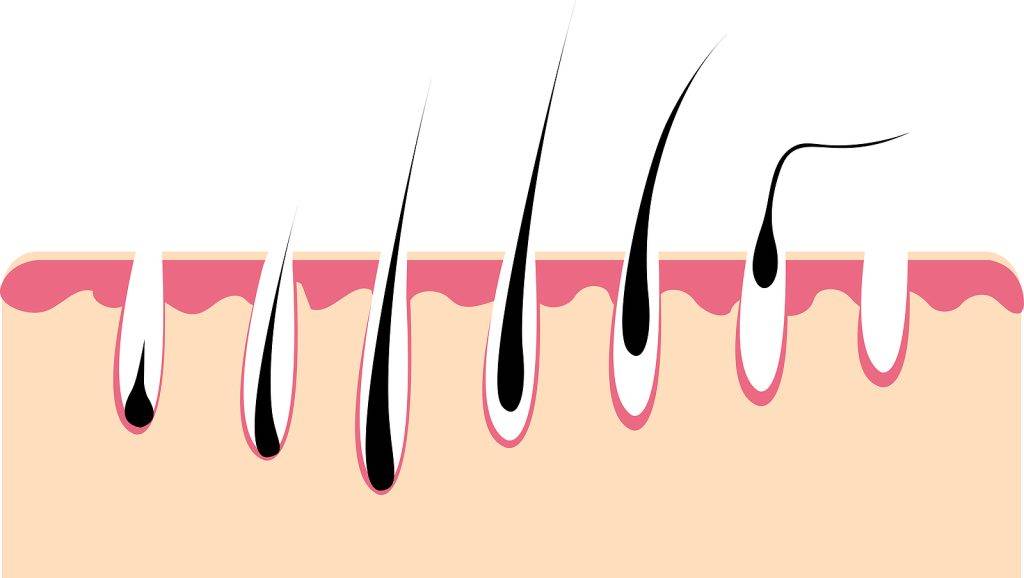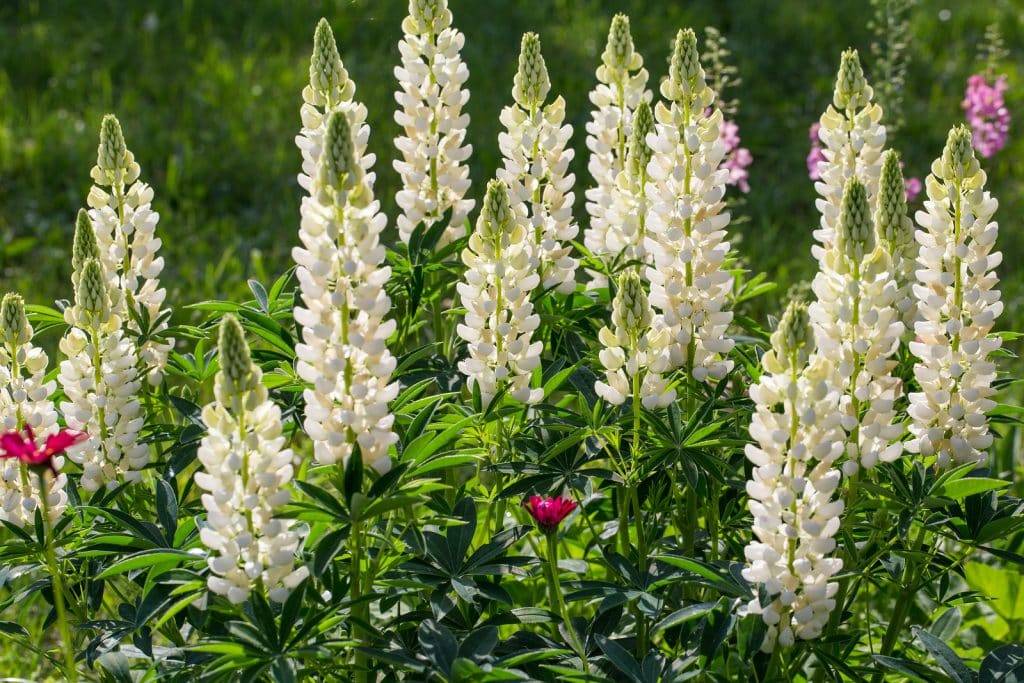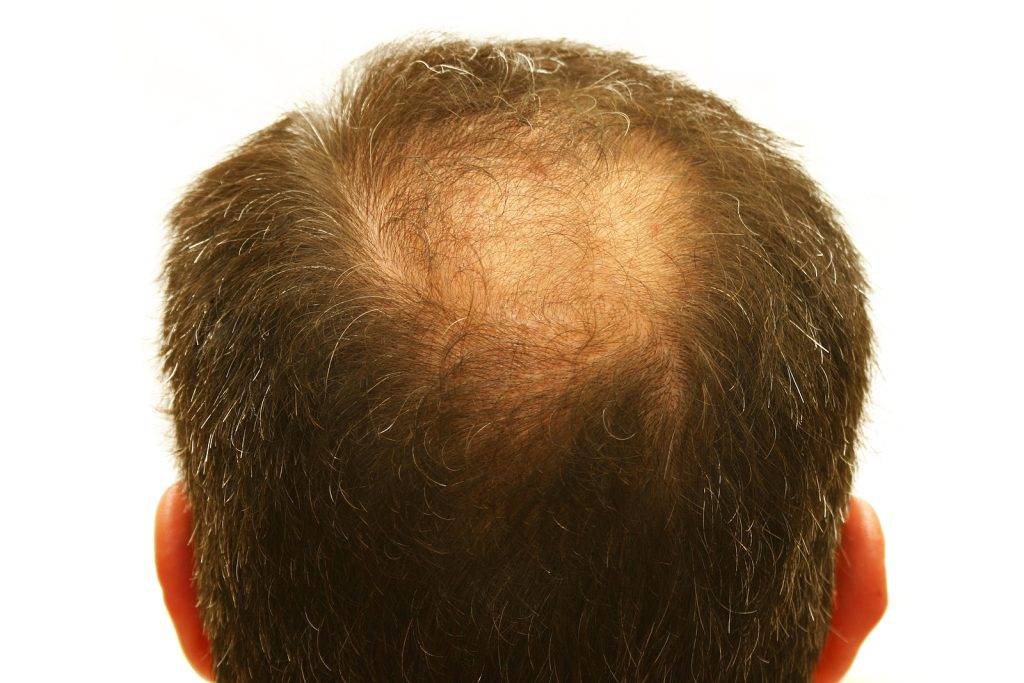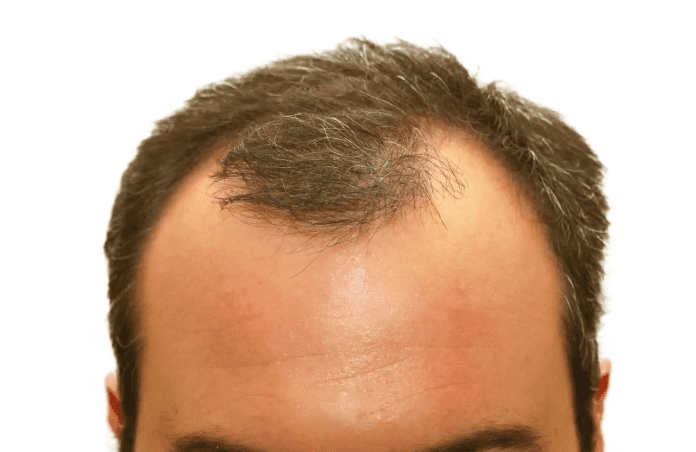Hair loss is a deeply personal and often distressing experience that affects both men and women across all age groups. Whether caused by genetics, stress, hormonal imbalances, or poor nutrition, the sight of excessive hair in your brush or on your pillow can be alarming. And the irony? The more we stress about it, the worse it seems to get. Fortunately, nature offers some gentle remedies—such as white lupine extract, known for its ability to support healthy hair growth by strengthening follicles and improving scalp vitality.
Table of Contents
Fortunately, nature provides us with powerful allies in the fight against hair thinning—and one of the most promising yet underappreciated botanical ingredients is White Lupine (Lupinus albus). Emerging research and cosmetic innovations have brought this plant-based powerhouse to the forefront of natural hair loss treatments.
In this article, we’ll explore what White Lupine is, how it helps combat hair loss, and why it’s becoming a key ingredient in many hair care products. Backed by scientific studies and informed by expert opinion, this guide will show you how white lupine for hair loss might be the solution you’ve been looking for.

What Is White Lupine?
White Lupine, also known as Lupinus albus, is a legume plant native to the Mediterranean region and parts of South America. Its seeds have long been used as a food source due to their high protein and fiber content. But beyond their nutritional value, White Lupine seeds are now recognized for their cosmetic and dermatological applications—particularly for hair and scalp health.
The key to its effectiveness lies in its rich composition of proteins, peptides, and essential nutrients, which work together to nourish the scalp and hair follicles.
How Does White Lupine Help with Hair Loss?
Hair loss (or alopecia) is often driven by factors such as:
- Hormonal imbalances (e.g., elevated DHT)
- Poor blood circulation in the Scalp
- Oxidative stress and inflammation
- Nutritional deficiencies
White Lupine targets several of these causes simultaneously through its bioactive compounds.
1. Inhibits DHT Production
One of the primary drivers of androgenic alopecia (pattern baldness) is dihydrotestosterone (DHT), a derivative of testosterone that shrinks hair follicles. According to a study published in Planta Medica, White Lupine seed extract contains lupine peptides that can inhibit 5-alpha reductase—the enzyme responsible for converting testosterone into DHT.
By reducing DHT levels, White Lupine helps to protect hair follicles from miniaturization and extend the anagen (growth) phase of the hair cycle.
2. Boosts Microcirculation in the Scalp
Healthy hair requires a healthy scalp, and that means good blood flow. White Lupine extract has been shown to stimulate Microcirculation in the Scalp, ensuring that hair follicles receive the oxygen and nutrients they need to thrive.
A clinical trial published by Codif Technologie Naturelle, a major raw ingredient supplier to the cosmetics industry, found that topical application of lupine peptides significantly increased vascular endothelial growth factor (VEGF) levels—an important marker for enhanced circulation.
3. Rich Source of Nutrients
White Lupine seeds are a nutritional powerhouse:
- Proteins: Hair is primarily composed of keratin, a protein made from amino acids. Lupine seeds offer all essential amino acids needed for keratin synthesis.
- Vitamins: Especially rich in Vitamin E, a powerful antioxidant that protects hair follicles from oxidative stress.
- Minerals: These include zinc, magnesium, and iron, which are key players in supporting follicular strength and growth.
The amino acid profile of White Lupine closely resembles that of soy protein, which has been widely studied for its hair health benefits in clinical research on plant proteins and hair.

White Lupine in Hair Care Products
Thanks to its scientifically backed benefits, White Lupine extract is increasingly being used in shampoos, conditioners, scalp serums, and hair growth treatments. It’s often listed on labels as:
- Lupinus Albus Seed Extract
- White Lupin Protein
- Hydrolyzed Lupine Protein
Some of the well-known cosmetic brands using this ingredient include:
- Kérastase Specifique Stimuliste
- Lazartigue Fortify Shampoo
- Biolage Advanced FullDensity
- René Furterer Triphasic Progressive
These products aim to strengthen thinning hair, stimulate regrowth, and reduce hair fall, particularly for those experiencing chronic shedding or post-partum hair loss.
White Lupine Beans: Nourishment from Within
In addition to topical use, White Lupine can support hair health from the inside out. White Lupine beans are highly nutritious and have long been consumed in Mediterranean diets. Their benefits include:
- High Protein Content: Encourages the formation of a strong and resilient hair structure.
- Fiber and Satiety: Supports overall metabolic health, which can influence hair growth.
- B-complex Vitamins: Especially folate and biotin, which are crucial for healthy hair follicles.
You can explore the full nutrient profile of lupine beans on the USDA FoodData Central.
Adding cooked lupine beans to your salads, soups, or plant-based bowls can be a great way to improve your internal support for hair growth.

Is White Lupine Safe?
White Lupine extracts used in cosmetics are generally considered safe for topical application and have been dermatologically tested. However, raw lupine beans may contain alkaloids that can be toxic if not properly processed. Always choose beans labeled as “sweet lupine” or “edible variety,” and ensure they are properly cooked.
People with legume allergies (e.g., peanuts, soy) should exercise caution and consult with a healthcare provider before using products containing White Lupine.
What Experts Say
Dr. Antonella Tosti, a leading dermatologist and expert in hair disorders, has highlighted the importance of scalp microcirculation and DHT inhibition as primary strategies in preventing hair loss. While she does not directly endorse White Lupine, the mechanisms by which it works align with evidence-based dermatological principles.
Cosmetic formulators increasingly rely on White Lupine as a plant-derived alternative to synthetic anti-hair-loss agents like minoxidil, offering a more natural solution for those seeking gentler products.
Final Thoughts: Should You Try White Lupine for Hair Loss?
If you’re searching for a natural, science-backed remedy to hair loss that supports both scalp health and follicle strength, White Lupine is worth a serious look.
Key Takeaways:
- White Lupine inhibits DHT, one of the main causes of hair thinning.
- It improves blood flow to the Scalp, encouraging hair growth.
- It’s packed with proteins, vitamins, and minerals essential for strong hair.
- It’s available both in topical products and as a dietary ingredient (beans).
- It’s generally safe when used properly.
With its ability to address hair loss on multiple fronts, White Lupine may just be the natural solution you need to stop shedding and start growing again.
Read more – Soothing Sips: Discover the Mind-Body Benefits of Lemon Verbena Tea


